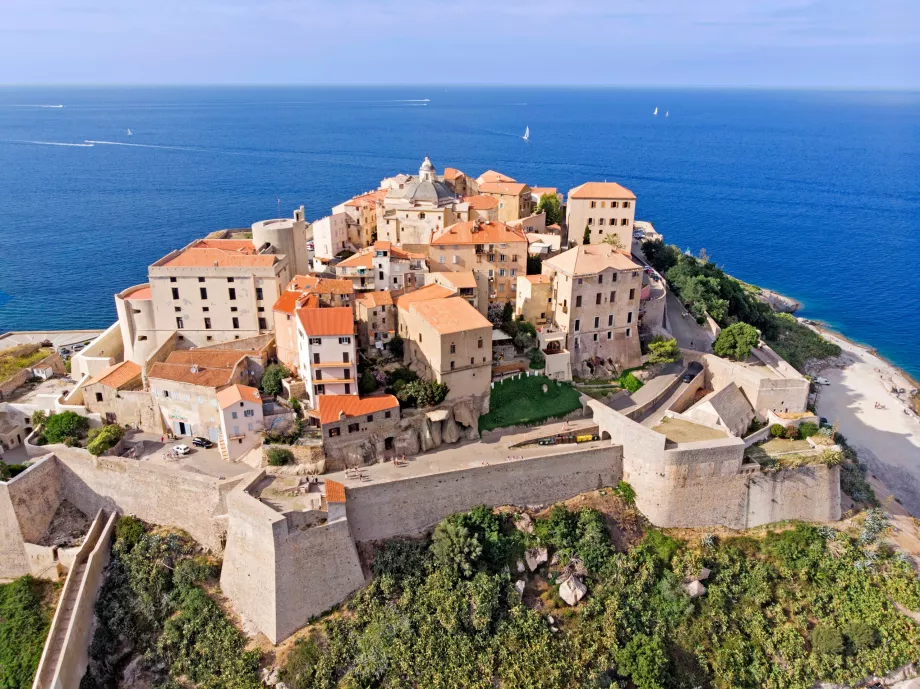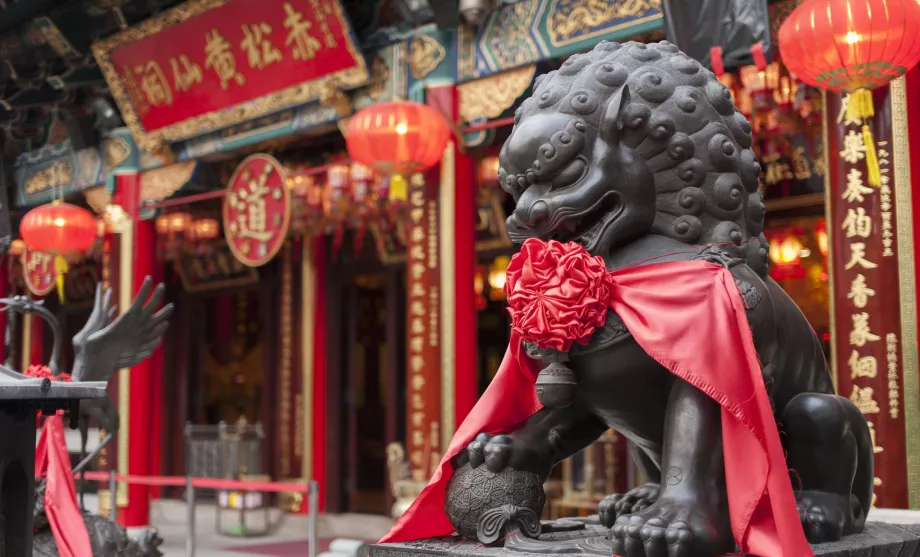
Culture and history of Hong Kong


How easy is it to speak English in Hong Kong? What are the locals like and when are the shops closed in Hong Kong?
Choose a hotel with a view of Hong Kong
Language
The official languages are Chinese (Cantonese) and English.
Cantonese is the first language for 92% of the population. English is the first language for only 5% of the population, however, English is spoken by almost 60% of the locals.
Hong Kong is the easiest place in Asia to speak English without any problems.
History in a nutshell
The Guangdong province of China has been inhabited for centuries. The Hong Kong area and the Pearl River estuary were under the rule of Chinese dynasties until the end of the First Opium War in 1841, when Great Britain claimed control of Hong Kong Island.
With the end of the Second Opium War and the subsequent Treaty of Peking in 1860, Britain also gained the Kowloon area for its own benefit.
The New Territories area was leased in 1898 for an initial period of 99 years, following the example of Macau. With the end of that period, negotiations between Britain and China over the future of Hong Kong began in the 1980s, culminating in Hong Kong being handed back to China in 1997 under the "One Country, Two Systems" convention.
Under that arrangement, the city came under Chinese rule but retained a high degree of independence anchored at least until 2047.
Hong Kong functions in most respects as its own state with its own currency, laws, parliament, borders and police force.
People and religion
The majority of Hong Kong's population is local people, mostly from the Chinese provinces of Guangdong and Fujian.
Hong Kong is also home to a large minority of foreigners from around the world, due to its status as an international trading centre in North Asia. Filipinas are also a large minority and are widely hired as domestic help.
The locals are therefore used to foreigners and tourists. They are not overly friendly, but that is mainly due to the hustle and bustle of the city.
There are 7,500,000 people in Hong Kong.
Religion and faith
Religion does not have a strong presence in Hong Kong.
About 20% of the population adhere to Buddhism, 12% to Christianity, 4% to Islam and the rest (i.e. the majority) are atheists.
Holidays
Days off follow the most common Chinese holidays. The most important public holiday here is the Lunar New Year (Chinese New Year), which is celebrated in the first half of February.
During this period, the city is literally packed to bursting with tourists from mainland China, for whom the New Year is one of the few extended periods of free time.
Shops and tourist services remain open on all holidays, including Sundays.
On the contrary, public transport even runs more frequently on weekends, at least on busy tourist routes.
Tourism
Hong Kong builds its economy not only on banking and international trade, but also on tourism. It has something to offer everyone. Whether you are travelling for nature, adventure, culture or food, Hong Kong has something for you. Most tourists will spend a few days in the city during their trip to China or another destination in Asia.
Already at the airport, you'll find a well-equipped tourist office with very friendly staff, and there are small maps of the immediate area everywhere in the city to help you not get lost among the local skyscrapers.
The tourist infrastructure is of a high standard, as are all services in Hong Kong.
Any questions left?
If you have any questions or comments about the article...


